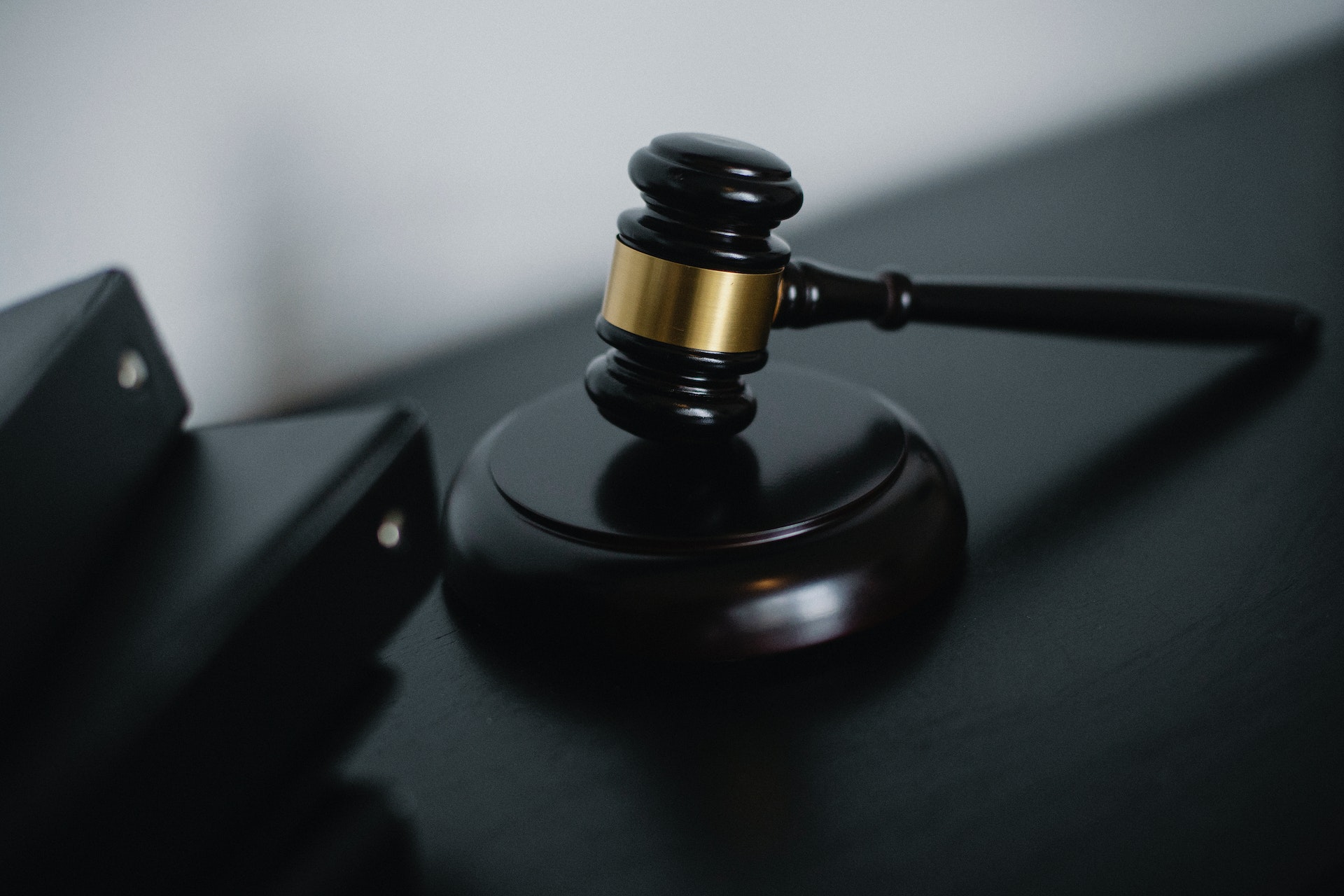Young Law Group, Philadelphia, PA. Chief U.S. District Judge Colleen McMahon ruled on February 27th that a False Claims Act suit brought by two former employees of Teva Pharmaceuticals USA, Inc. will proceed to a trial on the merits. In a detailed seventy-page opinion, the Court rejected numerous arguments asserted by Teva Pharmaceuticals USA, Inc. and two of its subsidiaries (“Teva”) in its motion for summary judgment. The ruling preserves all of the relators’ claims asserted against Teva under the federal False Claims Act.
Background of Young Law Group’s False Claim Act Case
Relators Charles Arnstein and Hossam Senousy filed their qui tam action in May 2013 in which they alleged that Teva violated the federal False Claims Act (“FCA”) and Anti-Kickback Statute (“AKS”) in connection with a bribery and kickback scheme. Beginning in 2003, Teva provided honoraria to physicians for their participation in sham speaker programs involving the drugs Azilect and Copaxone.
Under the theory alleged in the complaint, physicians who participated in the speaker program wrote prescriptions for Azilect and Copaxone that were filled at various pharmacies. The pharmacies, in turn, submitted the claims for reimbursement to various government healthcare programs. Consequently, Teva’s actions ultimately caused the government to pay false claims in violation of the FCA.
Teva’s conduct resulted in further alleged violations through its failure to account for its kickback payments when it reported its best price and average manufacturer price to government healthcare programs. The pricing information in those reports is used to calculate rebates owed to the government and to make the Teva drugs eligible for purchase by certain government entities.
Summary Judgment Motion
In ruling against Teva, the Court found that the relators raised a genuine issue of material fact as to whether Teva violated the AKS. The Court rejected Teva’s contention that the AKS required evidence of a quid pro quo arrangement, stating that
[t]here is no need for the plaintiff to offer evidence about any negotiations between the payor and the person receiving the kickback, because there is no requirement that the payor attempt to bring about this result by means of a conversation or express conditions. . . . The statute also does not require evidence of negotiations with the party receiving the kickback. Rather, the payor must offer or pay ‘with the intent to gain influence over the reason or judgment of the person making the referral decisions.’
The Court also ruled that there was a genuine issue of material fact regarding the efficacy of Teva’s compliance program. Although Teva’s written compliance polices had “all of the right language;” the Court noted that the existence of those policies had no bearing on whether Teva actually adhered to those policies.
Teva further claimed that its failure to track the number of prescriptions written by its paid speakers was evidence that its speaker program was not intended to increase the number of prescriptions written. The Court characterized Teva’s argument as “disingenuous,” as it was based on a single marketing analysis performed by one consultant. The Court found that Teva’s conduct, as defined in a single study that did not capture all aspects of the speaker program, was insufficient for purposes of summary judgment.
The Court cited specific examples that directly refuted Teva’s claim of not tracking the prescription numbers of paid speakers, including: (1) a slide deck which showed that Teva tracked prescriptions at speaker programs; (2) testimony of a former employee who said that “Teva carefully tracked . . . data detailing the prescribing habits” for Azilect and Copaxone for physicians who participated in the speaker programs; and (3) a “Field Activity Report” which contained detailed prescribing information and identified those same prescribers as paid speakers. The Court observed that other examples of Teva’s efforts to track prescriptions written by paid speakers “abound in the record.”
Teva also claimed that the payments its speakers represented fair market value. According to Teva, the fact that it did make any “excess payments” prohibited the Court from inferring that those payments were intended to induce physicians to write more prescriptions. The Court rejected Teva’s argument on two grounds. First, the evidence did not conclusively demonstrate that Teva paid fair market value to all of the speakers during the relevant time period. Second, the Court flatly rejected Teva’s contention that the relators must demonstrate that Teva paid its speakers at a rate higher than other pharmaceutical companies. Instead, the Court cited to the relators’ argument that any payments to speakers in connection with the sham speaker program exceeded fair market value.
Post-Escobar Materiality
The Court’s denial of Teva’s summary judgment motion is particularly significant in light of the U.S. Supreme Court’s decision in Universal Health Servs., Inc. v. United States ex rel. Escobar, 136 S. Ct. 1989, 1996 (U.S. 2016). Escobar emphasized the materiality requirement of the FCA and characterized the standard as “demanding.” Despite these pronouncements, the Supreme Court did not articulate a clear materiality standard.
The Escobar decision nonetheless affirmed that an implied false certification theory of liability under the FCA is viable “at least where” the defendant (1) made specific representations about the goods or services provided and (2) failed to disclose noncompliance with material statutory, regulatory, or contractual requirements that renders those specific representations misleading or false.
If you have information about fraud against the government, the experienced attorneys at Young Law Group can assist you with all aspects of the whistleblower process, from investigating your claim and filing a complaint to successful recovery of a reward. Call the experienced the attorneys at the Young Law Group at (800) 590-4116 or fill out a form for a free, no-obligation consultation.


